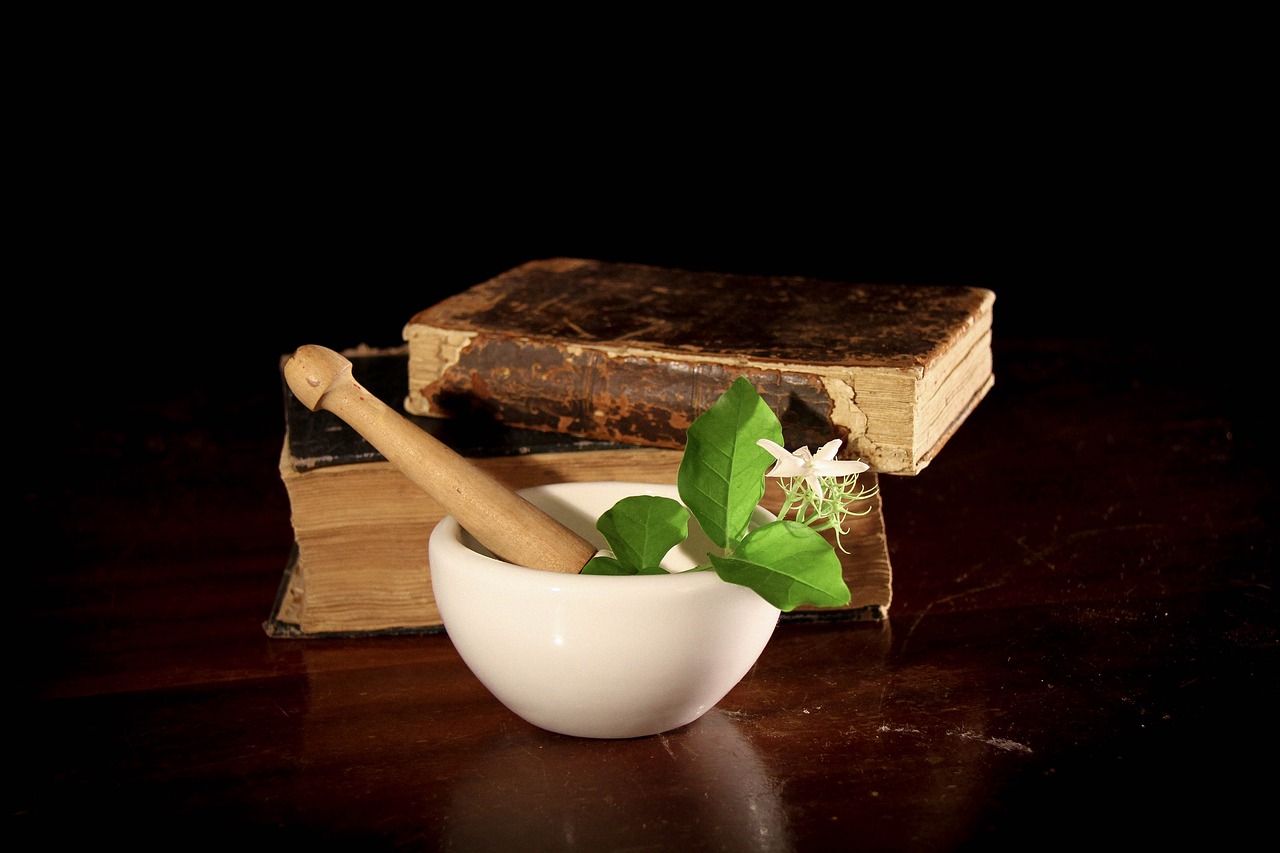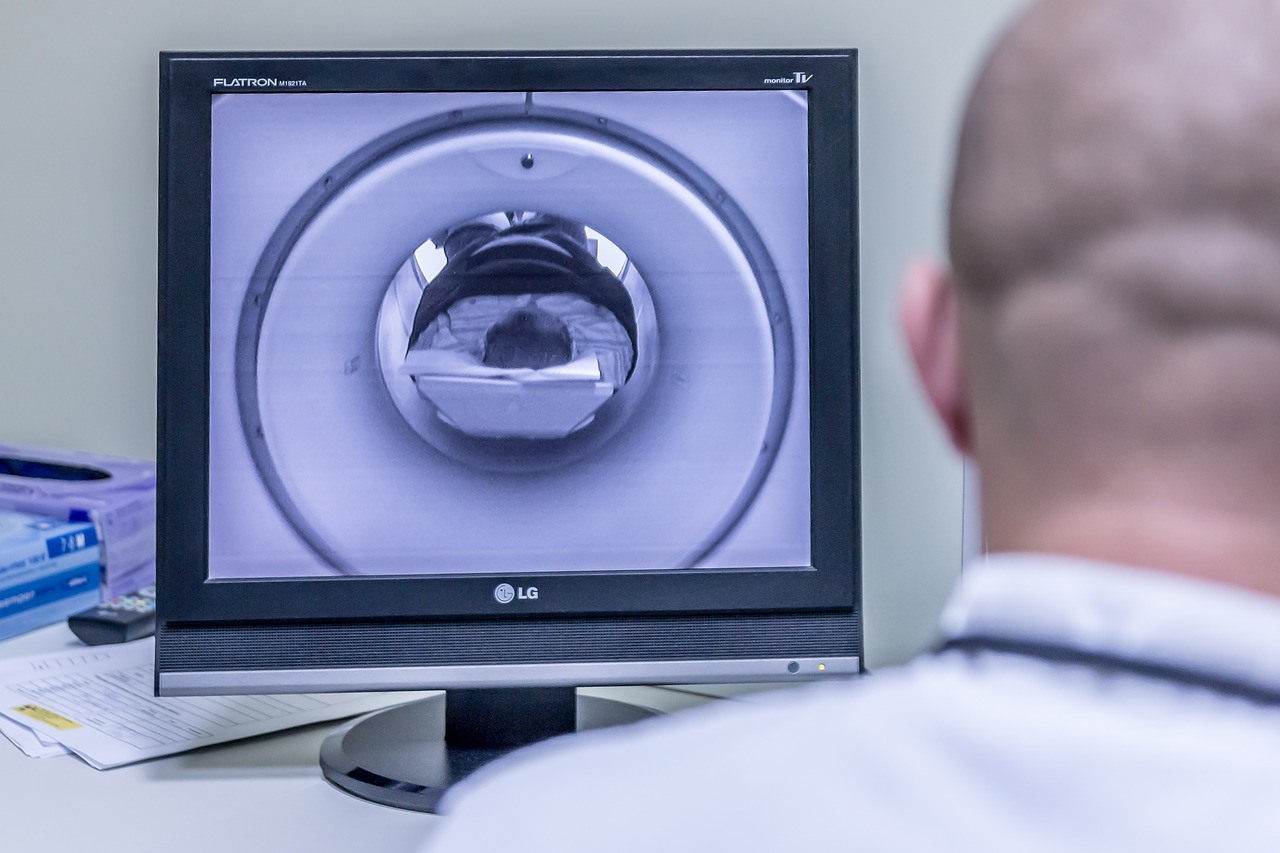History and Evolution of Medicine
By on Feb 02 2018

We've written about petroleum's role in
aspirin before, and we've even talked about futuristic devices that can help with the precise delivery of medicine. But where did it all start? What did medicine look like before petroleum and how did petroleum help to shape the industry?
There's so much to cover, so we'll just be scratching the surface in this post. Let's dive right in!
Early Beginnings of Modern Medicine
The first medicine used by humankind was derived from plants, though we can't quite pinpoint when this practice began. Herbalism dates back as far as 60,000 years. Soils and clays were also used for medicinal purposes early on.
The Ancient Egyptians, Greeks, and Romans provided us with a great portion of our understanding of medicine. Archeologists discovered ancient papyruses that documented their knowledge and practices. While a lot of ancient beliefs centered around supernatural and superstition, their understanding of the human body was incredible.

It was during Ancient Egyptian times that practices moved from seeking the advice of medicine men to consulting with doctors " and physicians. " Their knowledge of the body and its organs is likely stemmed from their practice of embalming bodies.
From Greece came Hippocrates, an Ancient Greek doctor who made great strides in the field of medicine. Known as the Father of Medicine, " Hippocrates helped to found important medical beliefs and practices including what we now call clinical observation, " and his and other Greek doctors' practice of writing down what they observed each day helped with our current understanding of illnesses.
Roman practices had a great impact on public health, and they learned a lot from the Ancient Greeks about medicine. Early on, it was believed that the head of a household knew enough about herbal medication to treat anyone in their family with an illness. Clean water was very important to the Romans, as was the location of cities and towns. As time went on, the culture shifted toward more sophisticated practices.
From all of these, as well as others, we drew the foundation for what is today our system of modern medicine. Petroleum's introduction to the field made a great impact as well.
Petroleum's Presence in Medicine
Early on, people believed that crude oil had medicinal properties. American Indians not only used crude oil to waterproof their baskets, make arrowheads and weaponry, and as glue, but they also collected oils for medical uses. Some discovered that they could even use the oil to fuel their lamps.
Specifically, Seneca Oil " was traded by the Seneca tribe to people in New York. It was said that this oil has great medical value. The Seneca tribe used the oil as a tonic, insect repellant, and salve while Europeans used it to treat rheumatism and sprains.

Technological advancements helped with machines such as the MRI, X-ray, CT scanning, ultrasonic imaging, and cameras to help identify injury and illness in ways that weren't possible before.
Petroleum is predominantly present in medical supplies. Anything plastic, for example, is made from petrochemicals. It's used for packaging, in medical devices and supplies, and more.
Pharmaceuticals represent about 3% of petrochemical use but almost 99% of pharmaceuticals contain petrochemicals. Petroleum is also the foundation of transporting medicine so that patients can have it when they need it. In fact, this is the main area in which petroleum is used for the medical field.
Petroleum's role in the world becomes so much more interesting and complex the more you read about it. Its role in the medical world is no exception.
Sources:
http://www.dnr.louisiana.gov/assets/TAD/education/BGBB/2/ancient_use.html https://www.acs.org/content/acs/en/education/whatischemistry/landmarks/pennsylvaniaoilindustry.html https://en.wikipedia.org/wiki/History_of_medicine http://www.historylearningsite.co.uk/a-history-of-medicine/ancient-egyptian-medicine/ http://www.historylearningsite.co.uk/a-history-of-medicine/hippocrates/ http://www.historylearningsite.co.uk/a-history-of-medicine/medicine-in-ancient-rome/ https://www.ncbi.nlm.nih.gov/pmc/articles/PMC3154246/






